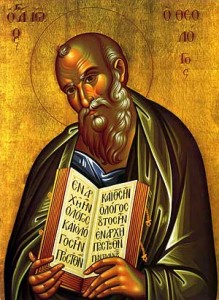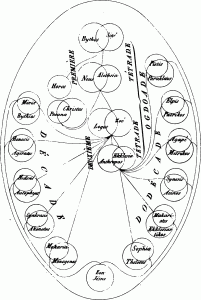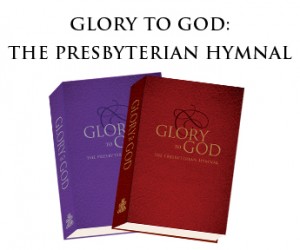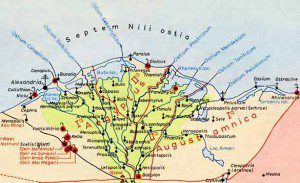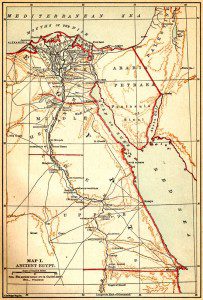Jennifer Schuessler at the New York Times introduces cutting-edge historical scholarship to the masses. Last summer, she published a piece on Mormon history, and this past spring an article on scholarship about American capitalism followed (that piece discussed, among other books, Bethany Moreton’s To Serve God and Wal-Mart). Most recently, Schuessler introduced readers to recent works of history about mainline Protestantism. For starters, regardless of how readers of this blog feel about the NYT’s coverage of religion, perhaps we can... Read more




